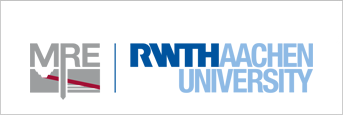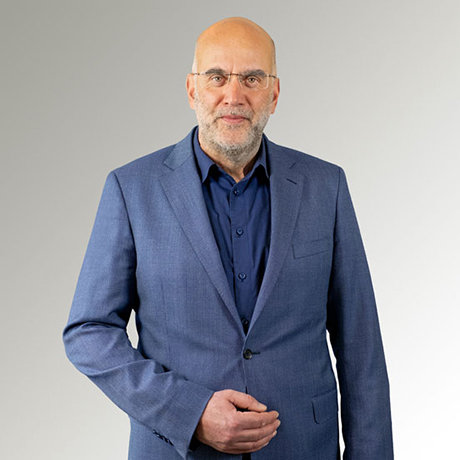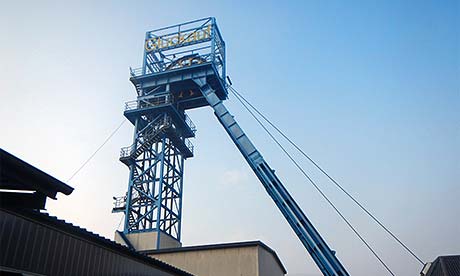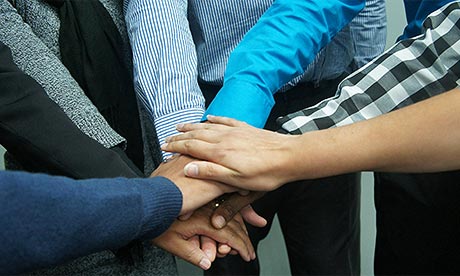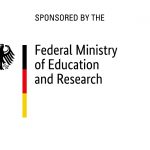SmartH2OEnergy
Smarty Hydropower 2 Supply Mining Operations with Sustainable Energy
Cause and motivation
Mining has traditionally relied on fossil fuels such as diesel, oil, coal and natural gas to meet its growing energy demands in the extraction and processing of mineral raw materials. Against the background of growing greenhouse gas emissions, rising fuel prices and lower margins, opportunities are being sought to develop, evaluate and implement „smart“ concepts and technologies for the integration of hydropower in open pit mining operations and for further use after the end of operation. In the SmartH2OEnergy joint project, concepts for harnessing the hydroelectric power potential of raw material extraction companies are to be developed. Depending on the technical possibilities and factors such as profitability and sustainability, concepts for variable applications in raw material extraction will be developed. In addition, a validation on the basis of a complex case study will be carried out, so that finally the concepts developed can be abstracted and thus made transferable to raw material extraction beyond national borders.
Added value
Process water arising during operation and existing water bodies in the vicinity of the opencast mines can be used effectively in order to make the energy supply of the enterprises, at least in parts, sustainable. Neighboring municipalities will also benefit from this project as they can also be supplied with energy, even after the closure of mining activities.
The project is based on a cooperation of the RWTH Aachen University, the Technical University Munich and the consulting company THEnergy, as well as Ergon Power S.A.C. and a mining company from Peru.
Work packages in the SmartH2OEnergy project
The project is thematically divided into eight work packages (WP):
- WP1: Data collection and definition of application scenarios
- WP2: Use of hydropower in existing raw material extraction plants
- WP3: Hydropower utilization & potential maximization through planning
- WP4: Specific technology development for raw material extraction
- WP5: Life Cycle & Grid Integration
- WP6: Case Study with Concept Simulation & Analysis
- WP7: Sustainability and potential assessment
- WP8: Abstraction of the created solutions
The MRE initiated the project and is involved in all work packages. This joint project is funded by the BMBF.


